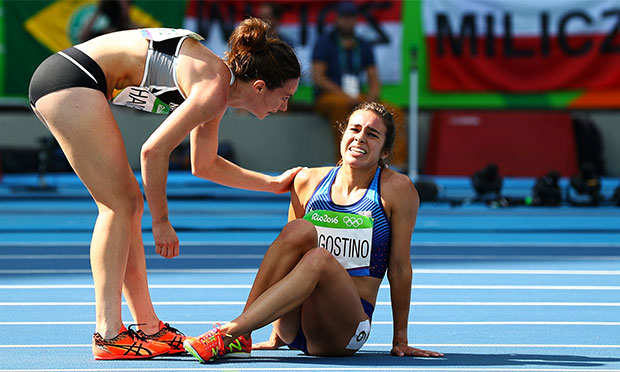Sports have long been associated with fair play and good sportsmanship. In fact, the idea of sportsmanship is deeply ingrained in the very fabric of the sports world. However, as the world becomes more competitive, the ethics of sports are often called into question. In this article, we will explore the importance of fair play and good sportsmanship in sports and why it is essential to uphold these values.
Contents
What is Fair Play?
Fair play refers to the concept of playing by the rules and competing with integrity. In sports, fair play means following the rules of the game, respecting the officials and opponents, and not using any unfair advantage to gain an edge over the opposition. Fair play also means accepting the outcome of the game, whether it is a win or a loss, with grace and dignity.

Why is Fair Play Important?
Fair play is essential in sports for several reasons. First, it ensures that everyone has an equal chance to compete and succeed. When athletes follow the rules, they create a level playing field where their success is determined solely by their ability and hard work. This makes the competition more meaningful and rewarding.
Second, fair play promotes sportsmanship, which is the foundation of the sports world. Sportsmanship is the idea that athletes should treat their opponents with respect and dignity, regardless of the outcome of the game. When athletes demonstrate sportsmanship, they create a positive environment where everyone can enjoy the game and appreciate the efforts of their opponents.
Third, fair play builds character. When athletes follow the rules and play with integrity, they develop qualities such as self-discipline, respect, and responsibility. These qualities are essential not only in sports but also in life. By learning to compete with integrity, athletes become better individuals and citizens.
Good Sportsmanship
Good sportsmanship is another critical aspect of the ethics of sports. Good sportsmanship refers to the idea of treating opponents with respect and dignity, even in the heat of competition. Good sportsmanship means congratulating opponents on their successes, accepting defeat with grace and dignity, and avoiding any unsportsmanlike behavior such as trash-talking, taunting, or cheating.
Why is Good Sportsmanship Important?
Good sportsmanship is essential in sports for several reasons. First, it promotes fair play by creating an environment of mutual respect and appreciation between opponents. When athletes treat each other with respect and dignity, they create a positive atmosphere where the competition is more meaningful and rewarding.
Second, good sportsmanship sets a positive example for others to follow. When athletes demonstrate good sportsmanship, they inspire others to do the same. This creates a chain reaction of positive behavior that can influence the entire sports community.
Third, good sportsmanship builds character. When athletes demonstrate good sportsmanship, they develop qualities such as humility, empathy, and kindness. These qualities are not only essential in sports but also in life. By learning to treat opponents with respect and dignity, athletes become better individuals and citizens.
Challenges to Fair Play and Good Sportsmanship
Despite the importance of fair play and good sportsmanship in sports, there are several challenges that threaten to undermine these values. One of the most significant challenges is the pressure to win at all costs. In today’s highly competitive sports world, the desire to win can sometimes lead to unsportsmanlike behavior such as cheating, trash-talking, and taunting.
Another challenge is the rise of social media and technology. Social media platforms and technology have given athletes and fans unprecedented access to each other. While this can be a positive development, it can also lead to cyberbullying, harassment, and unsportsmanlike behavior. Athletes can also use technology to gain an unfair advantage, such as using performance-enhancing drugs or hacking into their opponent’s game plans.




[…] which brings together athletes from all over the world, promotes values such as sportsmanship, fair play, and international cooperation. These values are not only important in sports but also in everyday […]